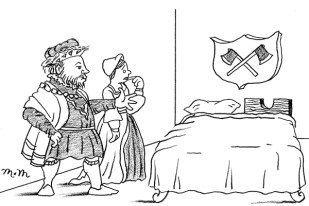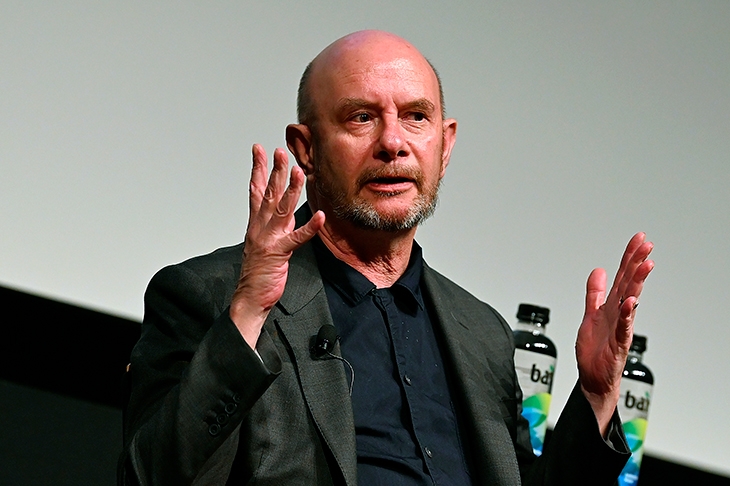Babysitters are having a literary moment. Following Kiley Reid’s debut Such a Fun Age, Nick Hornby is the latest author to mine the potential for blurred lines and crossed boundaries bred by the employer-childminder dynamic. Throw race, class, sex and Brexit in the mix, and you have a juicy plot that’s both vintage Hornby and totally contemporary.
Hornby has been chronicling north London’s romantic and cultural obsessions since 1992, and Just Like You doesn’t stray from home turf. It is 2016 and Joseph, a black 22-year-old from Tottenham, works Saturdays at an Islington butcher. While enduring the innuendos of drooling white women, he meets pretty, unaffected Lucy, who asks him to babysit her sons.

Twenty years divide them, but the ‘weird vibe’ escalates and soon they’re an item. But ‘cougar’ is not a desirable look for the local comprehensive’s head of English, and Joseph can’t imagine introducing Lucy to his mum. So secrecy prevails and tensions grow, rooted in their differences in age, race and class.
Just Like You interrogates how important these differences really are. Lucy has escaped a marriage forged on common ground — which proved powerless to curb her ex’s addictions. Neither she nor Joseph believe they can last, which takes the pressure off until the future intrudes.
Hornby has built a career on capturing emotional nuance. This book finds him in forensic observational form — from paranoid introspection to tortuous drinks parties; from the unsavoury undertones of customers’ attempts to flirt with Joseph to the thinly veiled racism of policemen.
The looming referendum haunts the novel, which depicts with rueful irony a complacent elite sleepwalking into Brexit. Joseph opens Lucy’s eyes to other perspectives, tempering the self-assurance that blinkers her peers. Over time, she feels increasingly distant from this tribe, who paint a depressing picture of dissatisfied privilege.







Comments
Join the debate for just £1 a month
Be part of the conversation with other Spectator readers by getting your first three months for £3.
UNLOCK ACCESS Just £1 a monthAlready a subscriber? Log in